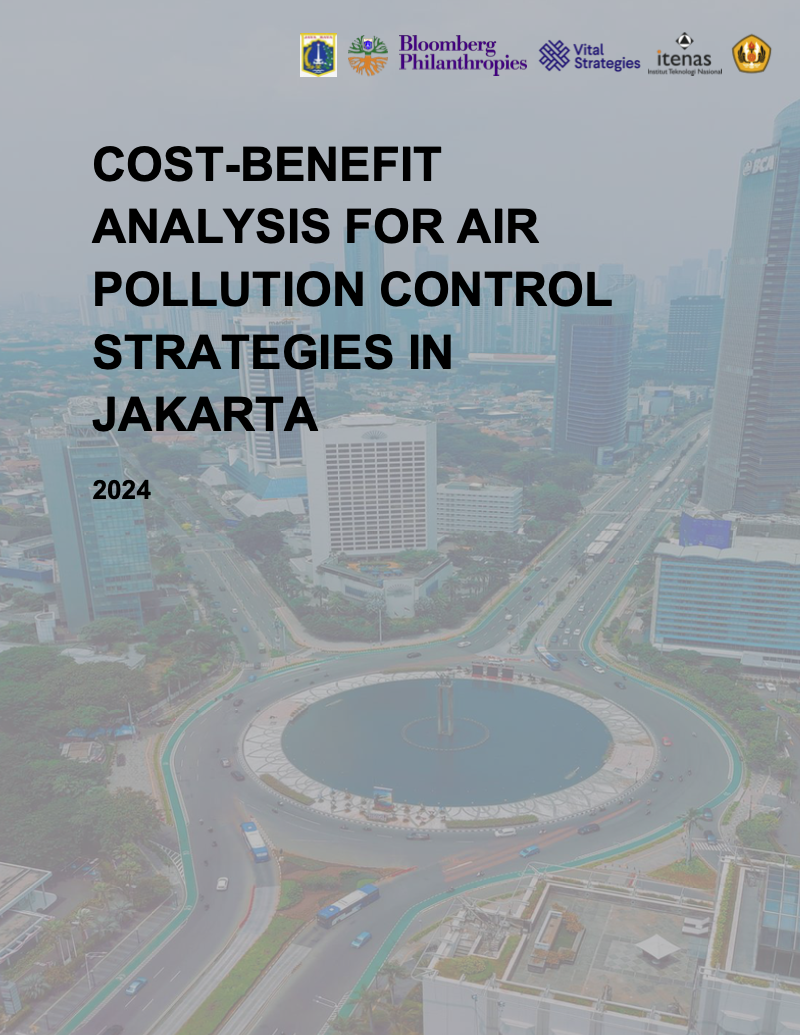Jakarta’s Grand Design for Air Pollution Control 2030 targets ambitious emission reductions through key measures like enforcing emission standards, shifting to public transportation, and addressing residential, construction, and waste-burning pollution. While these strategies show promise in reducing PM2.5, more aggressive actions are required to meet the National Ambient Air Quality Standards.
This study, led by Institut Teknologi Nasional Bandung in collaboration with Jakarta Environmental Agency, Jakarta Health Agency, Vital Strategies, and Universitas Padjajaran, reveals that the benefits of air pollution reduction interventions in Jakarta outweigh the costs, with returns estimated to be seven times higher. These substantial benefits are driven by the significant impact these programs have on improving air quality. The study also offers a range of actionable recommendations to effectively advance policy goals.
Recent Abstracts
The Power of Storytelling: Guidance for the Creation of Testimonials
Lead Poisoning and Early Childhood Development
Prioritizing Evidence Gaps: Air Pollution and Health Impacts of Climate Action
Raising Alcohol Taxes to Reduce Harm: Fact Sheets for Brazil
Risk of mortality by aggression: A retrospective cohort study in women with notification…
How the Alcohol Industry Steers Governments Away From Effective Strategies to Curb Drink…
Analysis of the Efficacy of Alcohol Industry-Sponsored Drink-Driving Campaigns
Messaging Recommendations for Effective Road Safety Campaigns: Lessons From Formative Research for Drink…
Prescribing Psychostimulants for the Treatment of Stimulant Use Disorder: Navigating the Federal Legal…
Enforcement of COTPA in India- current status, challenges and solutions
